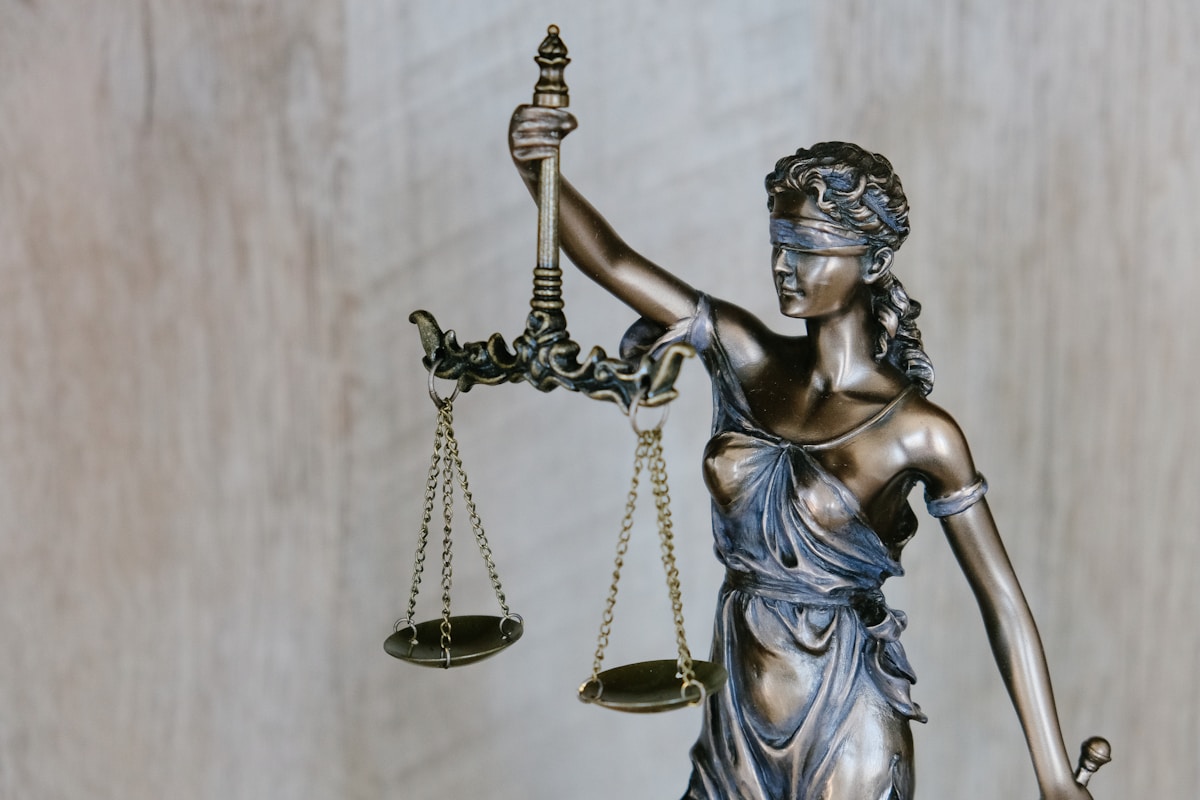A guide to navigating the key legal considerations that every digital content creator and social media influencer should understand.
As the creator economy grows, content creators and influencers face an increasingly complex legal landscape. From intellectual property concerns to disclosure requirements, understanding your legal obligations is essential for protecting your brand and avoiding costly disputes. This guide covers the fundamental legal considerations for anyone creating content online.
Intellectual Property Rights
Creating and sharing content online involves numerous intellectual property considerations:
Copyright Protection
As a creator, you should understand both your rights and limitations:
- Your Original Content: You automatically own copyright to original content you create, including photos, videos, blog posts, and music
- Using Others' Content: Be cautious when incorporating third-party content in your posts
- Always obtain permission before using copyrighted work
- Consider licensing content through stock photo/video services or using Creative Commons material
- Understand that attribution alone is not sufficient to avoid copyright infringement
- Fair Use: This legal doctrine permits limited use of copyrighted material without permission in certain circumstances
- Factors include purpose of use, nature of copyrighted work, amount used, and effect on market value
- Commentary, criticism, news reporting, teaching, and parody may qualify
- Fair use is determined case-by-case with no clear boundaries
Trademark Considerations
Be careful when referencing brand names and logos:
- Using a brand's trademark to identify their products is generally permissible
- Implying endorsement or affiliation without permission can lead to trademark infringement claims
- Consider trademark protection for your own brand name, logo, and taglines as you build your platform
Advertising and Disclosure Requirements
The Federal Trade Commission (FTC) and similar agencies worldwide regulate advertising, including influencer marketing:
Sponsored Content Disclosure
- Material Connections: You must clearly disclose any financial, employment, personal, or family relationship with a brand
- Proper Disclosure: Disclosures should be:
- Clear and conspicuous
- Easy to notice and understand
- Placed where users are likely to see them
- Not buried among hashtags or requiring users to click "more"
- Platform Considerations: Adapt disclosures to each platform (Instagram, YouTube, TikTok, etc.)
- Common Disclosures: "#ad," "#sponsored," "Paid partnership with [Brand]," or "[Brand] gifted me this product"
Truth in Advertising
- Claims about products must be truthful, not misleading, and substantiated
- Avoid making health claims unless scientifically proven
- You can be held personally liable for false or deceptive statements about products
Contract and Deal Structures
Protect yourself legally when entering brand partnerships:
Brand Agreements
Key contract terms to review include:
- Scope of Work: Clearly defined deliverables, timelines, and approval processes
- Payment Terms: Amount, schedule, and conditions for payment
- Exclusivity: Restrictions on working with competing brands
- Content Ownership: Who owns the content created and how it can be used
- Content Approval: Brand approval rights and revision processes
- Term and Termination: Contract duration and conditions for early termination
- Morality Clauses: Conditions regarding your public behavior
Consider having an attorney review significant contracts before signing.
Agency Relationships
When working with talent agencies or management:
- Understand commission structures and what services are covered
- Be clear about exclusivity provisions
- Know the termination process and any post-termination obligations
Privacy and Data Protection
Content creators must navigate increasingly complex privacy regulations:
- Privacy Policies: If you collect user data through your website or apps, you need a privacy policy
- Children's Privacy: Special rules apply to content directed at children under COPPA and similar laws
- Data Protection: Regulations like GDPR and CCPA may apply depending on your audience location
- Consent for Featuring Others: Get permission before featuring recognizable individuals in your content
Business Structure and Tax Considerations
As your influence grows, consider formalizing your business structure:
- Business Entities: Sole proprietorship vs. LLC vs. corporation
- Tax Obligations: Income reporting, estimated tax payments, and deductible expenses
- International Considerations: Cross-border income and VAT for digital products
Platform-Specific Terms
Each social platform has its own terms of service:
- Understand platform policies regarding sponsored content
- Be aware of content ownership and licensing provisions
- Follow community guidelines to avoid account restrictions
Legal Protections for Content Creators
Take these steps to minimize legal risks:
- Register copyrights for particularly valuable content
- Consider trademark registration for your brand name and logo
- Maintain proper records of all business transactions and agreements
- Obtain appropriate insurance coverage (general liability, professional liability)
- Stay current on changing regulations affecting digital content
While this guide provides an overview of legal considerations for content creators, specific situations may require professional legal advice. As the creator economy continues to evolve, staying informed about your legal rights and responsibilities will help ensure your long-term success.






